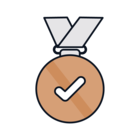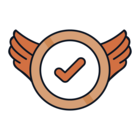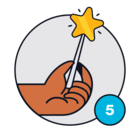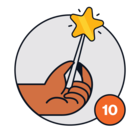I have been working on a customer portal last year and everything was working fine after publishing it (the SEO was great!)
One month ago I stumbled upon the analytics and saw that they dramatically decreased. The organic traffic was very small because Google was slowly taking down our solution articles (400+) and only 8 of them were still indexed.
Most of the pages are in status discovered/crawled but not indexed. I checked in various threads and forums and it looks like it is because the main landing page has a wrong canonical defined. https://assistenza.zanichelli.it/support/home has this canonical declared: (https://assistenza.zanichelli.it/support/solutions).
I define the canonical dynamically on the header so I don't have a way to manually specify the canonical for the main landingpage.
<link rel="canonical" href="{{ meta.canonical }}">All the other article pages have a proper canonical (dynamically generated) but it looks like since the indexing of the main page fails, Google is removing most almost all of my articles for the search results.
Do you know how I could fix this?





